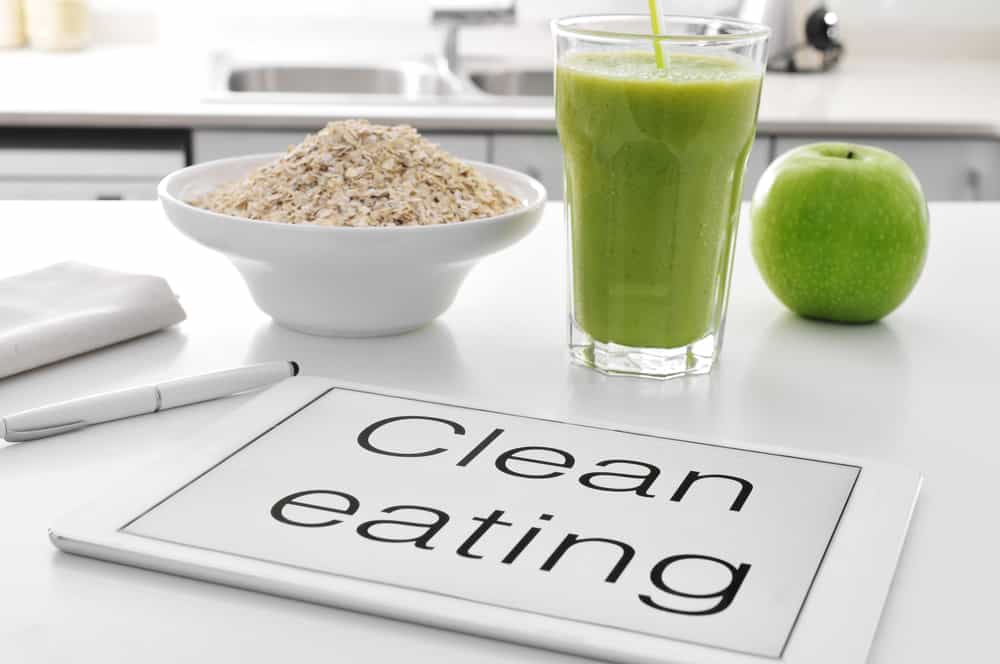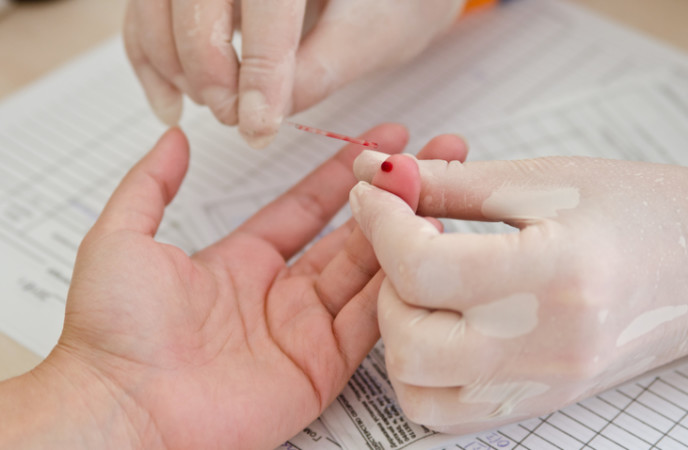Contents:
- Medical Video: How One Man Hacks The Entire Travel Industry [w/ Justin Ross Lee]
- Air travel - before leaving
- Air travel with epinephrine auto-injectors
- Traveling abroad
Medical Video: How One Man Hacks The Entire Travel Industry [w/ Justin Ross Lee]
Whether you are traveling for business or having fun, careful planning can help reduce stress while traveling.
When making special requests, give a lot of time to travel organizers to take care of airlines, hotels and restaurants. Bring all your medical supplies, including auto-injector epinephrine, and copies of Food Allergies & Emergency Anaphylaxis Treatment Plans. Tell your doctor if you are traveling and ask if he can take a call or ask for a prescription for an additional auto-injector, or if you need the medicine.
Air travel - before leaving
- Before booking a flight ticket, read the allergic policy on the airline. Many airlines post their policies on their website. Find it using the search function and search for terms like "allergies."
- Check the list of snacks on the airline. Individuals with peanut allergies may want to consider choosing an airline that does not provide peanut snacks with beverage services (some flights will provide non-nut snacks such as chips, on request.) This will greatly reduce the risk of exposure to nuts during flight. Keep in mind that flights cannot guarantee the aircraft are free of peanuts because they cannot monitor or control the behavior of other passengers.
- When booking a flight, notify the reservation agent of your food allergies, and request your information to be forwarded to other officers such as gate agents, food catering / service, and flight crews.
- Some airlines usually clean the plane at the end of the day, so consider choosing a morning flight, so that the possibility of seats containing crumbs or food residues can be minimized.
- Bring food that is safe for yourself when traveling. Check with the airline to see if there are restrictions on the types of food that are allowed to be taken or to your destination.
Air travel - on flights
- Check your seating area and clean it under the chair to help prevent reaction to contact or skin contact with food particles or spills. Food can be accidentally contaminated by surfaces exposed to allergens.
- Be polite with the flight crew. They are there to help you and we need to help educate them about food allergies and work with them to make your flight easier.
- Don't take risks with food, especially when in the air and away from access to medical assistance.
Air travel with epinephrine auto-injectors
When traveling, it is very important to bring two epinephrine auto-injectors at all times to be ready if a severe allergic reaction occurs. Follow these tips:
- Understand the policy of carrying medicines on board. Passengers are allowed to carry their epinephrine on the plane. However, you may need to show a print label that identifies the drug (for example, Adrenaclick®, Auvi-Q ™, EpiPen®, Benadryl®). It is recommended that you also show a prescription label from the pharmacy and a note from the doctor who confirms your food allergy.
- Always store your epinephrine / adrenaline in your handbag; do not store in a luggage storage area. Let other people know your allergies so they know what to do in the event of an emergency on the flight and where your auto-injector is.
Traveling abroad
- Find out if there are local doctors in the area that specialize in allergies. Can they write a prescription for an additional auto-injector or medicine if you need it? Where is the nearest hospital?
- Ask your doctor to write recipes that you can take with you. Learn about the generic names and brands in the country you are going to visit.
- Request restaurant, hotel, activity, etc. recommendations. Do other patients with the same allergy have good experiences in certain places?
- Start initial planning. Language barriers can be difficult to deal with, but there may be someone who speaks English who works at a hotel. With many internet translation services available, email can be an effective way.
Monitor Your Allergy When Traveling
Rated 4/5
based on 1053 reviews












